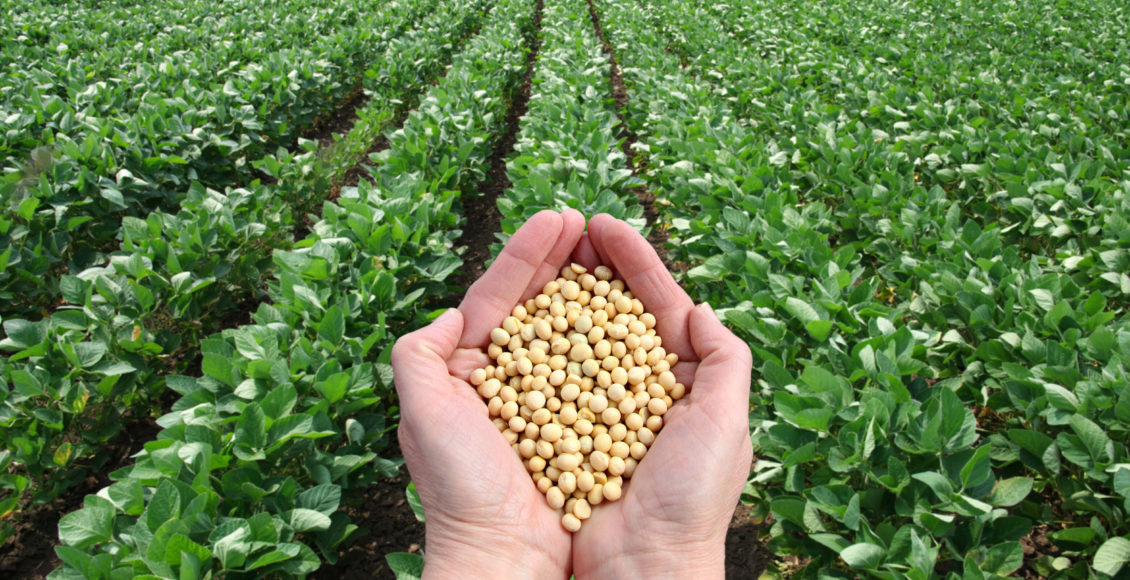
Seed regulatory compliance key to ensure FTO for a seed company
Modern-day seed business is very complex. Seed companies have their businesses in more than one country. Research, variety development, breeder seed production happens in one country, foundation seed production in a different country and finally sale in several countries. Seed physically moves from one country to another! While doing so, it not only has to comply with regulations associated with IP, plant quarantine, biodiversity, variety registrations, labeling, variety naming, Plant Variety protection, commercial movement,etc., but alsomaintain its purity and quality through various stages of seed development pipeline. Any non-compliance can lead to a freedom to operate (FTO) issue for the organization! For a multinational company having business in different countries, the complexity increases as seed related regulations vary in each country. The diverse crop portfolio further adds to the complexity.
Annual seed regulatory audit needs to be the norm in any seed company if it has to have FTO to do business. A typical seed regulatory audit will carry out an end-to-end traceability check and compliance with respect to applicable regulations – starting from germplasm access, seed movement, varietal development, product advancement, commercial registration and sale. Audit methodology generally involvesone-to-one interviews with individuals associated with seed development pipeline that includes- crop breeders, Genetic Resource Manager, Seed Administrator, IP in-charge, R&D head, seed export-import in-charge, legal, seed production and seed processing head. Auditors would also review operating procedures, recorded process flows, breeders’ accession, trial books and associated databases and other relevant records. Key processes to look at include – Germplasm Access, Seed Movement, Varietal Development & Product Advancement and IP Asset Registration & Maintenance. Effective compliance with seed regulations requires close partnership with internal Stakeholders – Breeding, Technology Development, Seed Production, Manufacturing Plant Operation, Trade &Compliance and legal. The outcome of a typical seed regulatory audit will help an organization to establish or strengthen systems and process that will ensure tracking and regulatory compliance with respect to germplasm acquisition, movement, distribution, archival, PVP/TM filing & maintenance and commercial registration.
Findings of seed regulatory audit help organizational leadership address complexities of international business that arise due to frequent seed movement across different stages of the product development cycle – hence traceability of biomaterial needs to be ensured. Periodic audits and implementing the findings also help in developing an organizational culture that contributes towards ensuring compliance, thereby the organization moves towards a structured systemic approach.
Author

 Grow Beyond
Grow Beyond 

